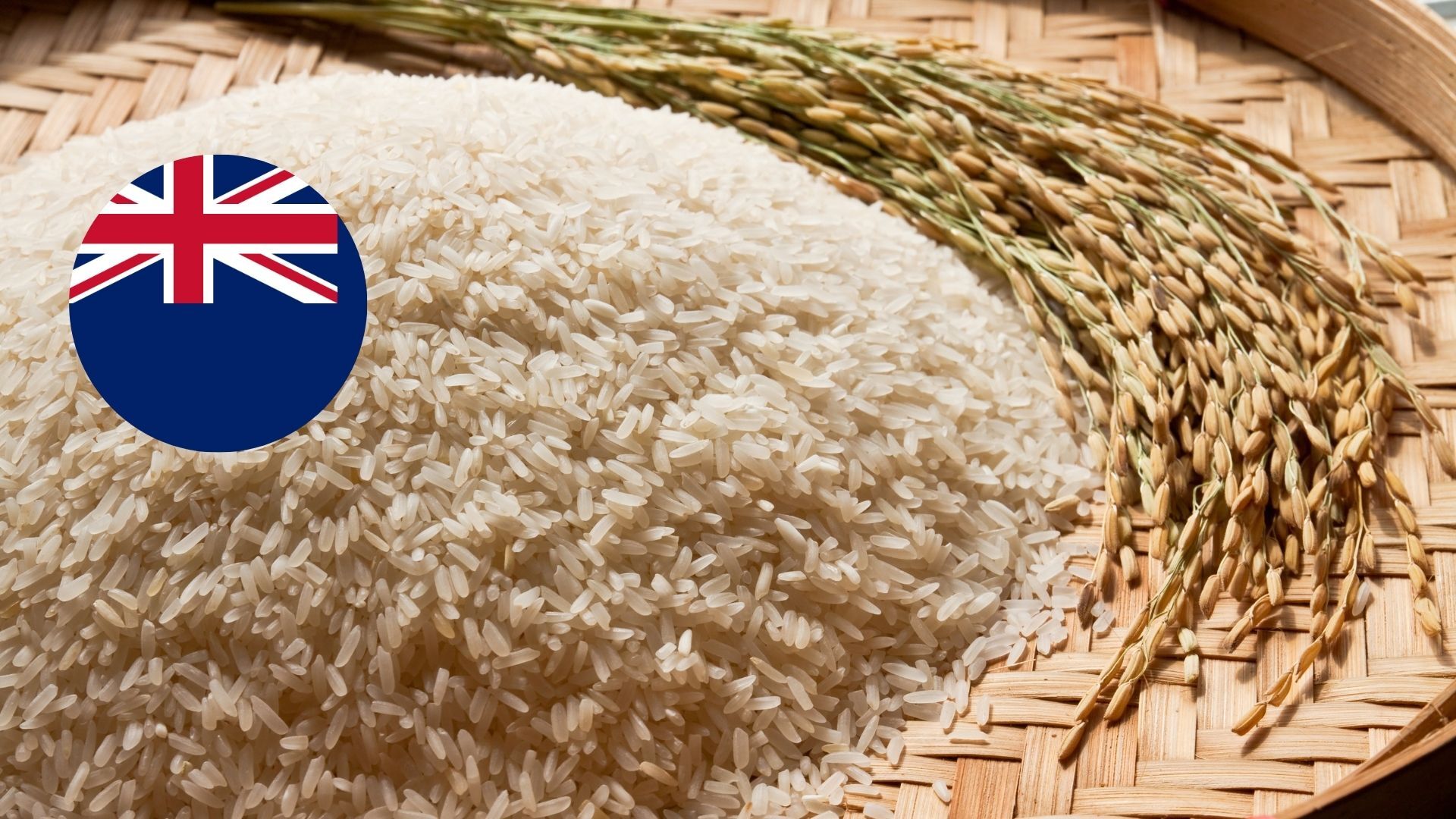Politics
New Zealand Court Dismisses India’s Appeal for Basmati Rice Mark

India’s quest for global protection of its basmati rice has faced significant setbacks following a ruling from the New Zealand High Court. On **October 30, 2023**, the court dismissed an appeal by the **Agricultural and Processed Food Products Export Development Authority (APEDA)**, which sought to challenge the rejection of its application for a certification trademark for basmati rice. This decision highlights the ongoing complexities surrounding geographical indication (GI) protections for products that have historical significance across regions.
In **February 2019**, APEDA submitted its application to the **Intellectual Property Office of New Zealand (IPONZ)**, aiming to secure certification mark protection for basmati rice. However, after five years of deliberation, the application was rejected. The Assistant Commissioner for Trademarks cited the **Trade Marks Act, 2002**, which restricts the registration of the term “Basmati” as a certification mark.
The New Zealand High Court upheld IPONZ’s decision, emphasizing that the **Basmati Growing Area (BGA)** includes both **India** and **Pakistan**. The court stated that granting exclusive certification to India would unfairly impede Pakistani rice producers from accessing the New Zealand market. This ruling aligns with a **December 2022** decision by Australia’s Registrar of Trade Marks, which noted that “Basmati” could not distinguish rice certified by APEDA from genuine basmati rice produced outside India.
APEDA’s efforts to amend its application by proposing safeguards for Pakistani producers were deemed insufficient by the court. The High Court indicated that these changes did not resolve the inherent contradictions in the application, leading to the dismissal of the appeal.
India’s challenges continued as Kenya’s Court of Appeal also rejected APEDA’s plea concerning a trademark dispute. This case originated in **2009** when **Krish Commodities**, a Kenya-based company, applied to register trademarks that included “Basmati.” APEDA opposed this registration, but the **Kenya Registrar of Trademarks** ruled against them in **May 2013**, a decision that was reaffirmed by both the High Court and the Court of Appeal. The Kenyan court noted that basmati rice lacks formal registration or recognition in the country, leaving APEDA without a legal foundation to claim exclusive rights.
The recent rulings have raised significant concerns among experts in the international GI community. One expert pointed out that APEDA has not secured any GI registrations for Indian basmati rice abroad, despite the rice being granted GI status in India in **2016**. There are calls for an independent review of how these cases have been managed over the past nine years.
Chandrasekaran, the author of “Basmati Rice: The Natural History of Geographical Indication,” argued that India’s strategy must evolve beyond a “Euro-centric definition” of geographical indication. He emphasized the importance of aligning GI claims with India’s civilizational context and the global standards of reputation and origin.
Both the New Zealand and Kenyan court decisions reflect a challenging landscape for India’s efforts to protect the identity of basmati rice globally. The rulings underscore the complexities involved in navigating international intellectual property rights, particularly under the **Trade-Related Aspects of Intellectual Property Rights (TRIPS)** agreement. As India seeks to enhance its global agricultural reputation, these setbacks may necessitate a reevaluation of strategies to safeguard its traditional products.
-

 Sports2 months ago
Sports2 months agoNetball New Zealand Stands Down Dame Noeline Taurua for Series
-

 Entertainment2 months ago
Entertainment2 months agoTributes Pour In for Lachlan Rofe, Reality Star, Dead at 47
-

 Entertainment1 month ago
Entertainment1 month agoNew ‘Maverick’ Chaser Joins Beat the Chasers Season Finale
-

 Sports2 weeks ago
Sports2 weeks agoEli Katoa Rushed to Hospital After Sideline Incident During Match
-

 Sports2 months ago
Sports2 months agoSilver Ferns Legend Laura Langman Criticizes Team’s Attitude
-

 Politics1 month ago
Politics1 month agoNetball NZ Calls for Respect Amid Dame Taurua’s Standoff
-

 Sports1 week ago
Sports1 week agoJamie Melham Triumphs Over Husband Ben in Melbourne Cup Victory
-

 Entertainment3 months ago
Entertainment3 months agoKhloe Kardashian Embraces Innovative Stem Cell Therapy in Mexico
-

 World3 months ago
World3 months agoPolice Arrest Multiple Individuals During Funeral for Zain Taikato-Fox
-

 Sports3 months ago
Sports3 months agoGaël Monfils Set to Defend ASB Classic Title in January 2026
-

 Entertainment2 months ago
Entertainment2 months agoTyson Fury’s Daughter Venezuela Gets Engaged at Birthday Bash
-

 Sports2 months ago
Sports2 months agoHeather McMahan Steps Down as Ryder Cup Host After Controversy




















